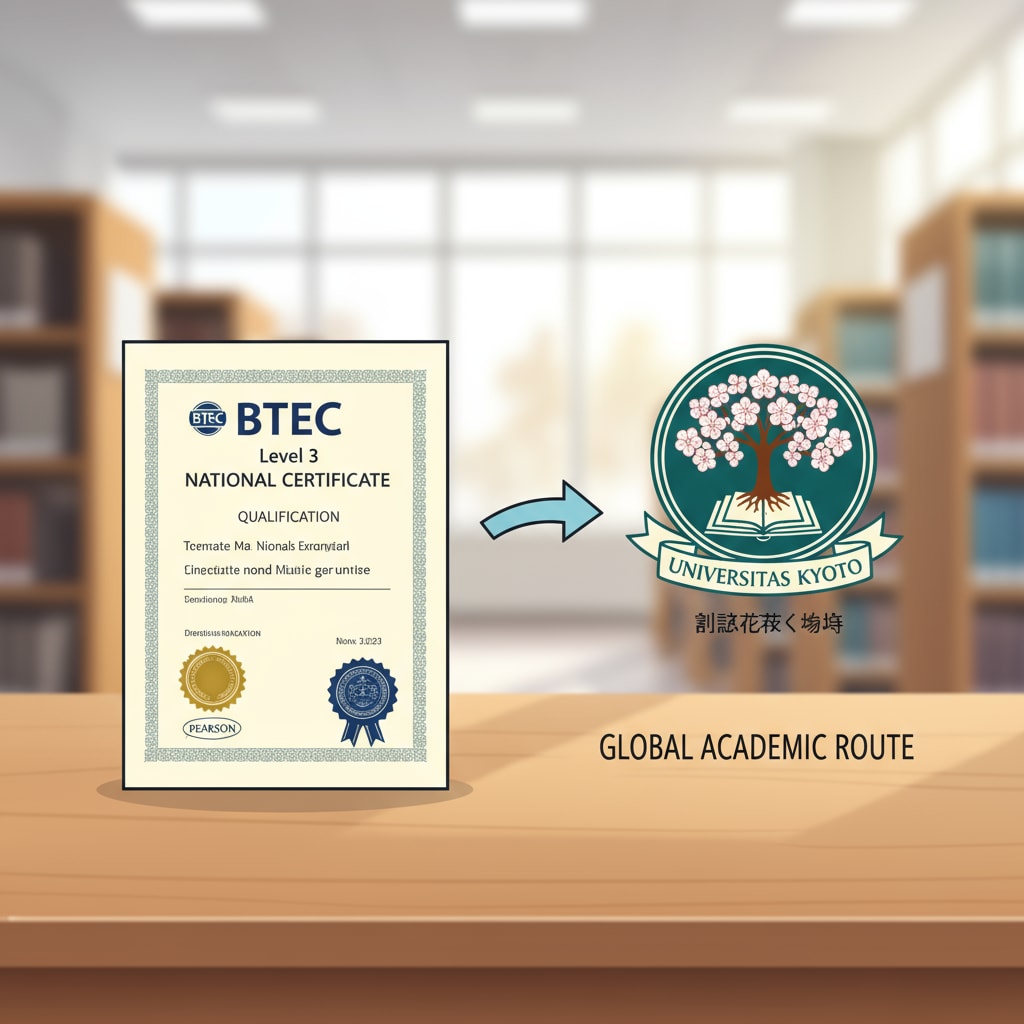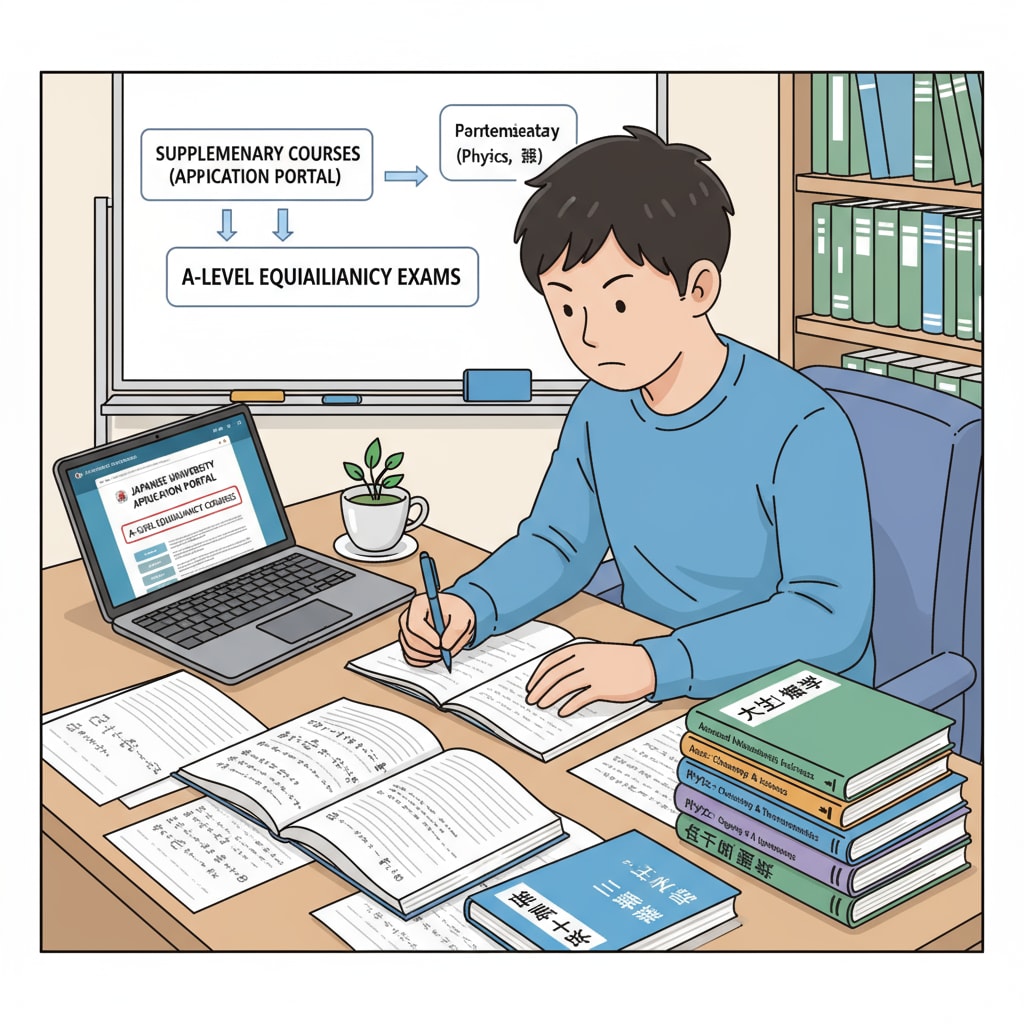For students holding a BTEC Level 3 Business qualification from the UK and eyeing Japanese universities, understanding the feasibility of their applications, including the A-level requirements and the intricacies of the BTEC qualification itself, is crucial in this international study abroad pursuit. This guide aims to shed light on these aspects and provide a clear roadmap for a successful application.
Understanding BTEC Qualifications in the Context of Japanese University Admissions
BTEC (Business and Technology Education Council) Level 3 qualifications are recognized vocational qualifications in the UK. They offer practical and industry-relevant skills. However, when it comes to applying to Japanese universities, their equivalence to traditional academic qualifications like A-levels needs to be carefully considered. Japanese universities typically have specific entry requirements, and the BTEC’s practical focus may not align directly with these. For example, A-levels are more academic and theoretical, often required for certain majors. Therefore, it’s essential to research each university’s stance on BTEC qualifications.

Bridging the Gap with A-level Requirements
One of the main challenges for BTEC holders is meeting the A-level requirements set by Japanese universities. Since A-levels are more academically rigorous in some aspects, students may need to take additional steps. This could involve taking supplementary courses, such as online academic preparation courses that focus on subjects commonly required at A-level, like mathematics, science, or languages. Another option is to gain relevant work experience or participate in academic projects that can demonstrate academic capabilities equivalent to A-level studies. For instance, an internship in a relevant field can showcase practical skills and knowledge, which might be seen as a substitute for some A-level requirements.

In addition to academic preparations, the application process itself requires careful planning. Students should start early, researching universities, their courses, and admission procedures. They need to prepare strong application documents, including personal statements that highlight their passion for studying in Japan, relevant skills from their BTEC studies, and how they plan to contribute to the academic community. Letters of recommendation from teachers or employers who can attest to their capabilities are also crucial. By following these steps and being proactive in addressing the differences between BTEC and A-level requirements, students with BTEC qualifications can enhance their chances of securing a place at a Japanese university.
Readability guidance: As seen in the above content, we use short paragraphs to convey information clearly. Each section focuses on a key aspect of the topic, and lists or clear explanations are provided. Passive语态 is minimized, and transition words like ‘however’, ‘therefore’, and ‘in addition’ are used to connect ideas smoothly.


